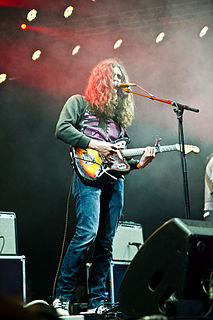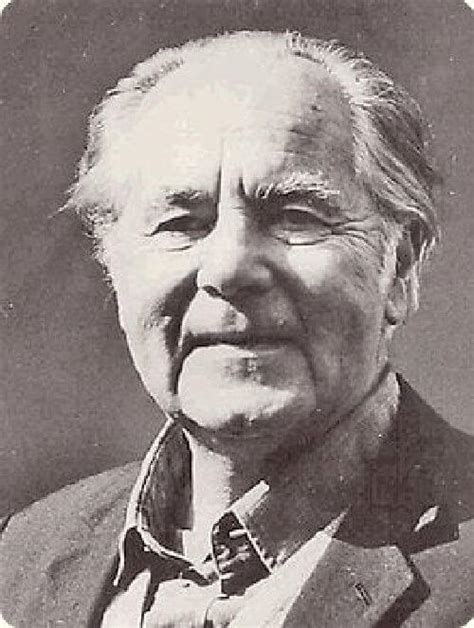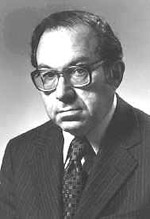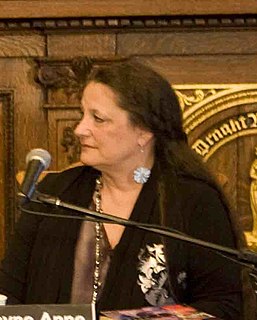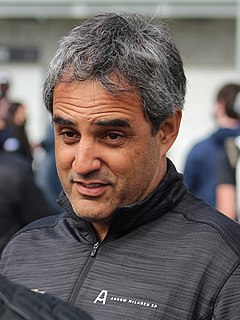A Quote by Meg Wolitzer
Being an adult child was an awkward, inevitable position. You went about your business in the world: tooling around, giving orders, being taken seriously, but there were still these two people lurking somewhere who in a split second could reduce you to nothing. In their presence, you were a big-headed baby again, crawling instead of walking.
Related Quotes
There were a few verses that I wrote literally on the spot. But the concept was there. It's about being in your own world musically and waking up in the morning and walking outside and being consumed by everything around you. Just being aware of the good things in art and music and life. It's also about how the world is at a boiling point, in a way.
If man did not exist as a world-spanning receptive realm of perception, if he were not engaged in this capacity, nothing at all could exist. 'Being,' in its traditional usage, means 'presence' and 'persistence.' To achieve presence, and thereby being, an entity requires some sort of open realm in which presence and persistence can take place. Thus an open realm of perception like that of human existence is the one being that makes being possible.
As the Nazi regime developed over the years, the whole structure of decision-making was changed. At first there were laws. Then there were decrees implementing laws. Then a law was made saying, ‘There shall be no laws.’ Then there were orders and directives that were written down, but still published in ministerial gazettes. Then there was government by announcement; orders appeared in newspapers. Then there were the quiet orders, the orders that were not published, that were within the bureaucracy, that were oral. And finally, there were no orders at all. Everybody knew what he had to do.
Some were getting married; some were getting divorced. People were in different places, but you had enough time on this earth to actually get somewhere, and I think that's the exciting thing about being 36 and in your mid-30s. You've been somewhere, and you're going to go somewhere. It's fun; it's exciting.
My family was in two businesses - they were in the textile business, and they were in the candy business. The conversations around the dinner table were all about the factory floor and how many machines were running and what was happening in the business. I grew up very engaged in manufacturing and as part of a family business.
..there is nothing worse than the feeling that no one cares whether we exist or not, that no one is interested in what we have to say about life, and that the world can continue turning without our awkward presence. I began to imagine how many millions of people were, at that moment, feeling utterly useless and wretched—however rich, charming, and delightful they might be—because they were alone that night, as they were yesterday, and as they might well be tomorrow.
When you're pregnant, you can think of nothing but having your own body to yourself again; yet after giving birth you realize that the biggest part of you is now somehow external, subject to all sorts of dangers and disappearance, so you spend the rest of your life trying to figure out how to keep her close enough for comfort. That's the strange thing about being a mother: Until you have a baby, you don't even realize how much you were missing one.
What if, instead of being afraid of even talking about death, we saw our lives in some ways as preparation for it.
What if we were taught to ponder it and reflect on it and talk about it and enter it and rehearse it and try it on?What if, rather than being cast out and defined by some terminal category, you were identified as someone in the middle of a transformation that could deepen your soul, open your heart, and all the while-even if and particularly when you were dying-you would be supported by and be part of a community?
I could have told him that nothing was safe and that no matter how careful you were and how hard you tried, there were still accidents, hidden traps, and snares. You could get killed on an airplane or crossing the street. Your marriage could fall apart when you weren't looking; your husband could lose his job; our baby could get sick or die.
But in the real world, you couldnt really just split a family down the middle, mom on one side, dad the other, with the child equally divided between. It was like when you ripped a piece of paper into two: no matter how you tried, the seams never fit exactly right again. It was what you couldn't see, those tiniest of pieces, that were lost in the severing, and their absence kept everything from being complete.

